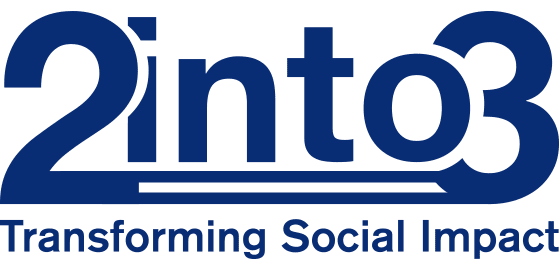Why consider Relationship based Fundraising?
During our recent Giving Ireland fundraising webinars, some interesting common themes emerged across the various nonprofit sectors. This included relationship based fundraising, how to diversify income and how to use data better to improve fundraising returns. We have seen the recent successes that relationship based fundraising has delivered to many nonprofits in Ireland.
What is Relationship based Fundraising?
Relationship based fundraising incorporates many fundraising methods including Major Gifts, Trusts & Foundations, Legacies and Corporate Donations. Developing a long term relationship with a donor or company takes time. It’s not a fundraising income stream that can be activated instantly but the rewards to your organisation will far outweigh the required inputs if executed properly.
Why use Relationship based Fundraising?
Successful fundraising performance relies more and more on relationship based fundraising methods. They can untap a stream of income that can secure the future growth of your organisation and help it weather any unpredictable future events. It can evolve into a mutually beneficial relationship for both funder and nonprofit, based on clear expectations, continuous communication, mission alignment, respect and ultimately trust.
How to cultivate a meaningful relationship with donors?
Consider how your organisation will develop its donor-based relationships with the following:
- Who will you target and at what level?
Begin by looking inside your organisation. Identify current and past donors as well as those of high-net worth known to key stakeholders. Research on trusts/foundations is also vital as some will support specific projects and causes which may rule out your organisation.
- Do you have the organisational culture and the right person to make the ask?
Major gift fundraising involves a high-level skill-set and dedication. A full time major gift fundraiser can manage a maximum of 100 relationships, 50 might be a more realistic number in more advanced stages of cultivation. Executive and Board engagement in donor cultivation and making the ‘ask’ is often required.
- How to build relationships with funders? Do you have a strong case for support?
Major donors and trusts/foundations want to make a demonstrable impact to an organisation. Building a compelling case for support educates prospective donors and motivates them to support your organisation’s ambitions.
- Can you invest the time?
Developing relationships takes time. Securing a major gift can take up to 3 years and typically involves multiple meetings. Building a connection and network of trusts/foundations and applying to each with a tailored submission is key. It all takes time but after an initial lag a flow of income should begin to emerge from all the hard work!
Taking the Next step:
Is your organisation ready to engage in these fundraising methods? Feel free to contact Rob Foley at rob.foley@2into3.com or +353 21 237 9882

